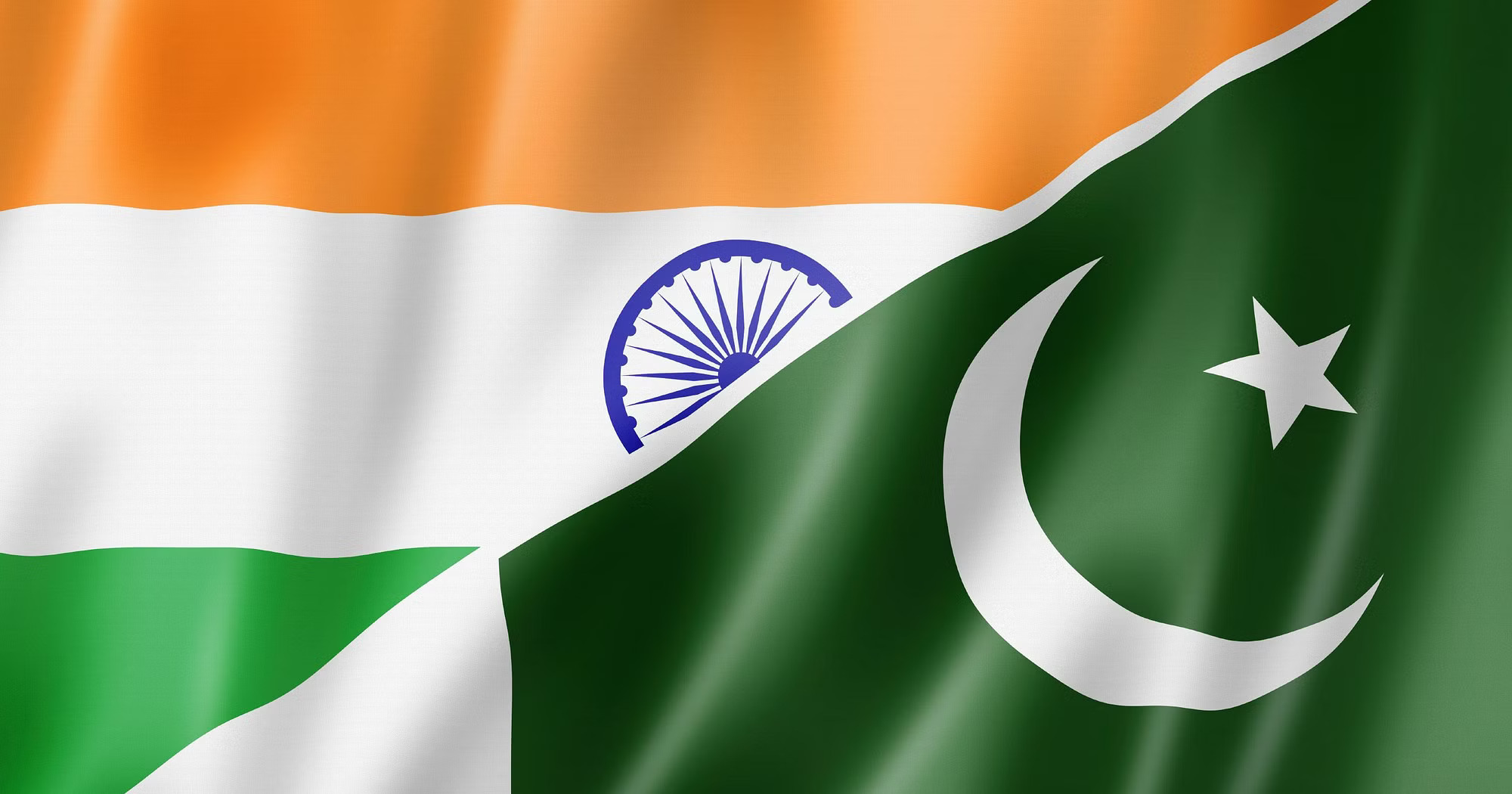The fragmented results of Pakistan’s general election have cast a shadow over the potential re-engagement between India and Pakistan, with both nations adopting a cautious wait-and-watch stance. The unexpected strength shown by independent candidates supported by Imran Khan’s Pakistan Tehreek-e-Insaf (PTI) party, alongside the absence of former premier Nawaz Sharif from the government, has altered initial expectations.
While the Pakistan Muslim League-Nawaz (PML-N), led by Nawaz Sharif, was anticipated to form a government with military support, the diverse election results have led to uncertainties. The absence of Nawaz Sharif from the government formed in Islamabad, supported by the Pakistan People’s Party (PPP), has further complicated the dynamics for a potential re-engagement process.
On the Indian side, there is increased caution in dealing with the new administration led by Shehbaz Sharif, the younger brother of Nawaz Sharif. Prime Minister Narendra Modi extended his greetings to Shehbaz Sharif on his swearing-in as the Prime Minister of Pakistan, acknowledging the political developments.
As both countries assess the evolving political landscape, any prospects of re-engagement between India and Pakistan remain uncertain. The wait-and-watch approach prevails, highlighting the delicate diplomatic balancing act in the region.






